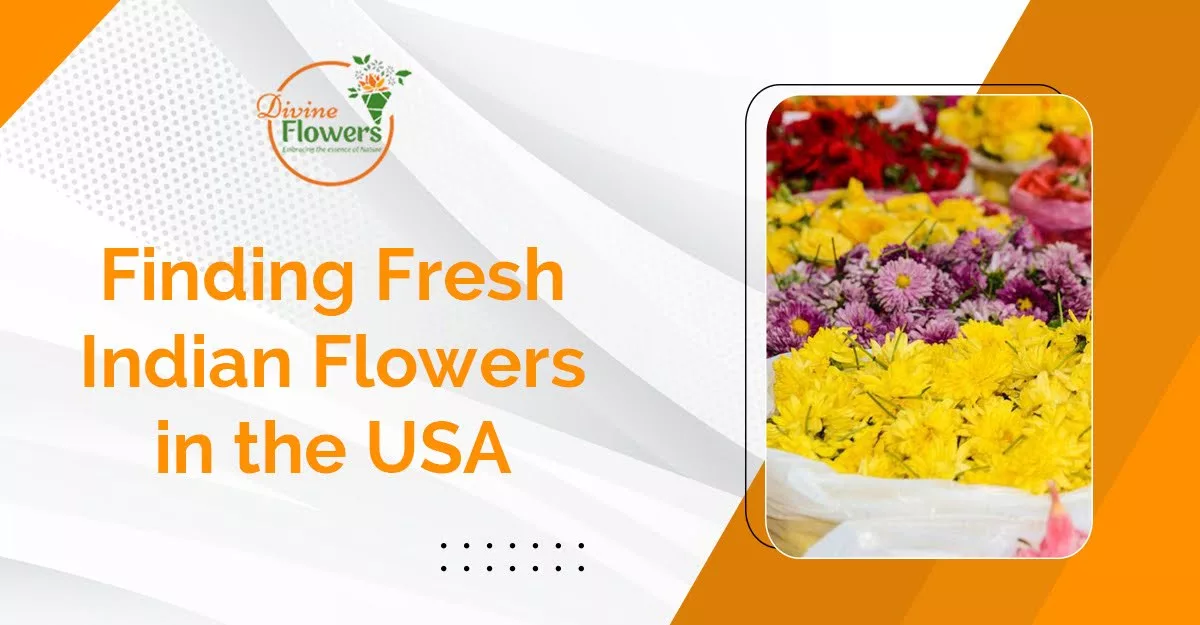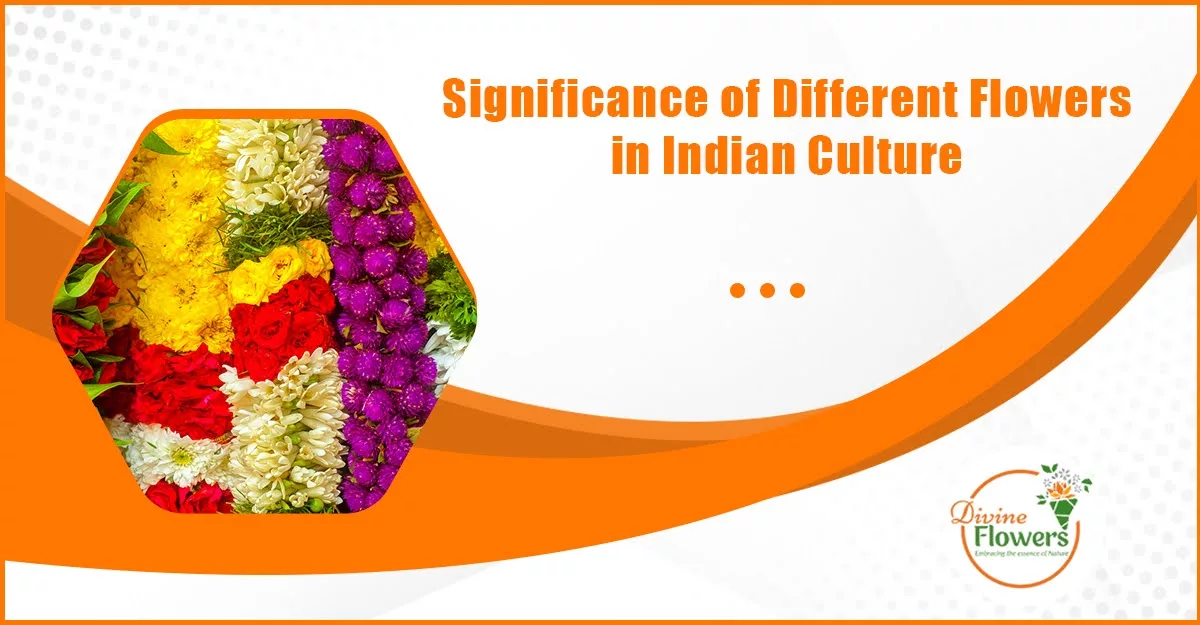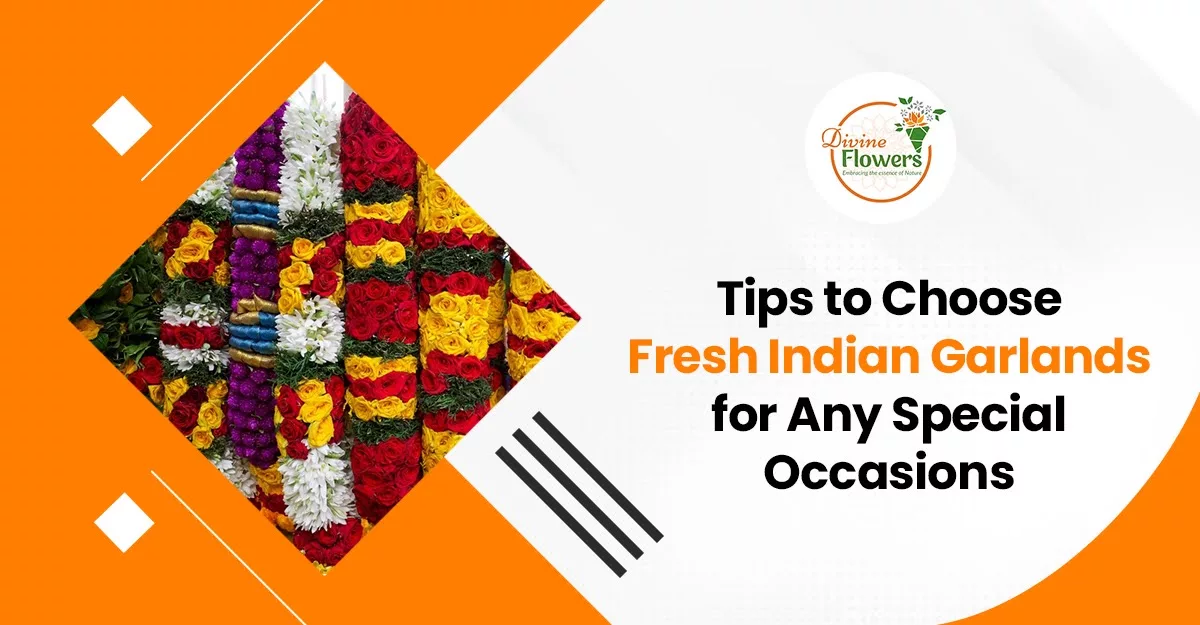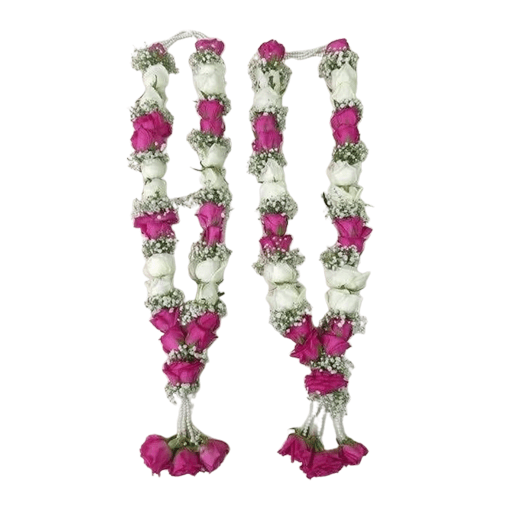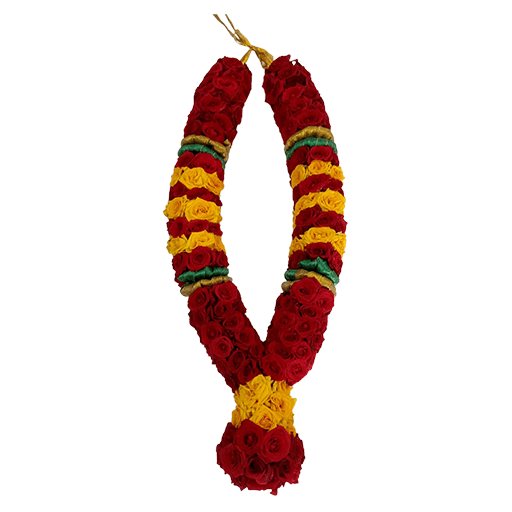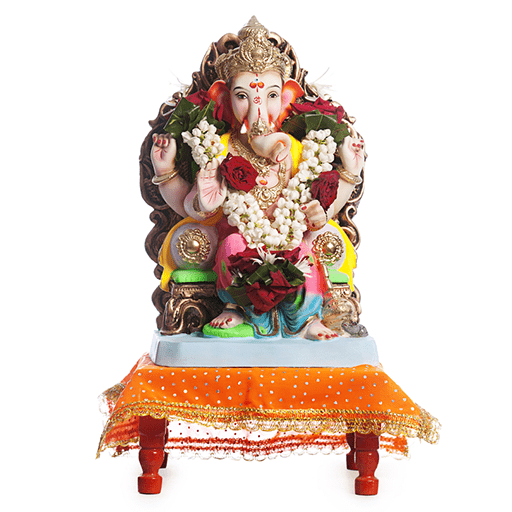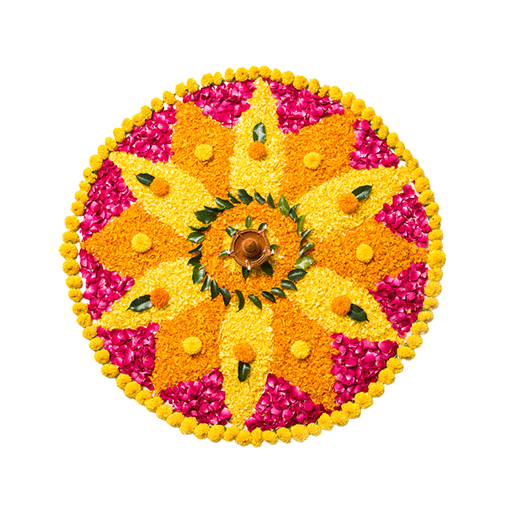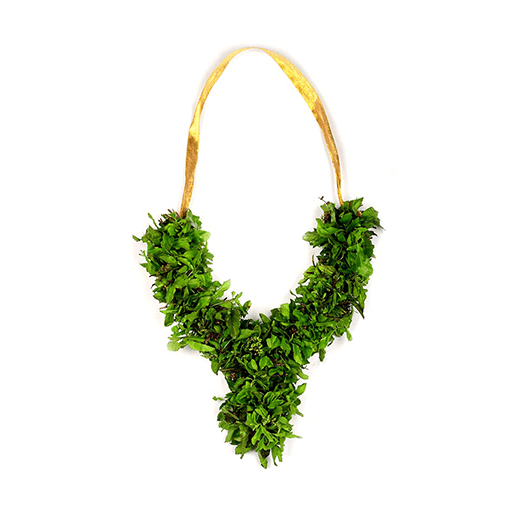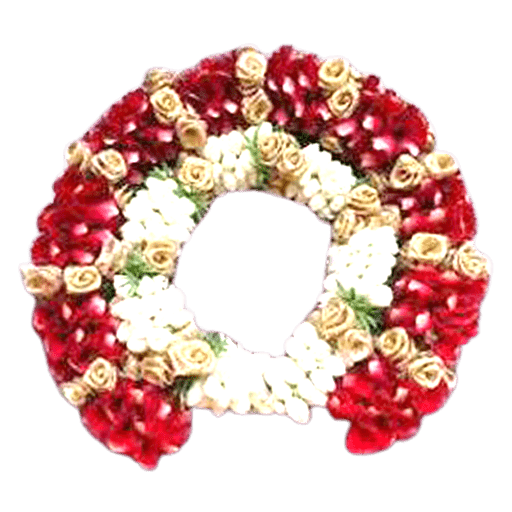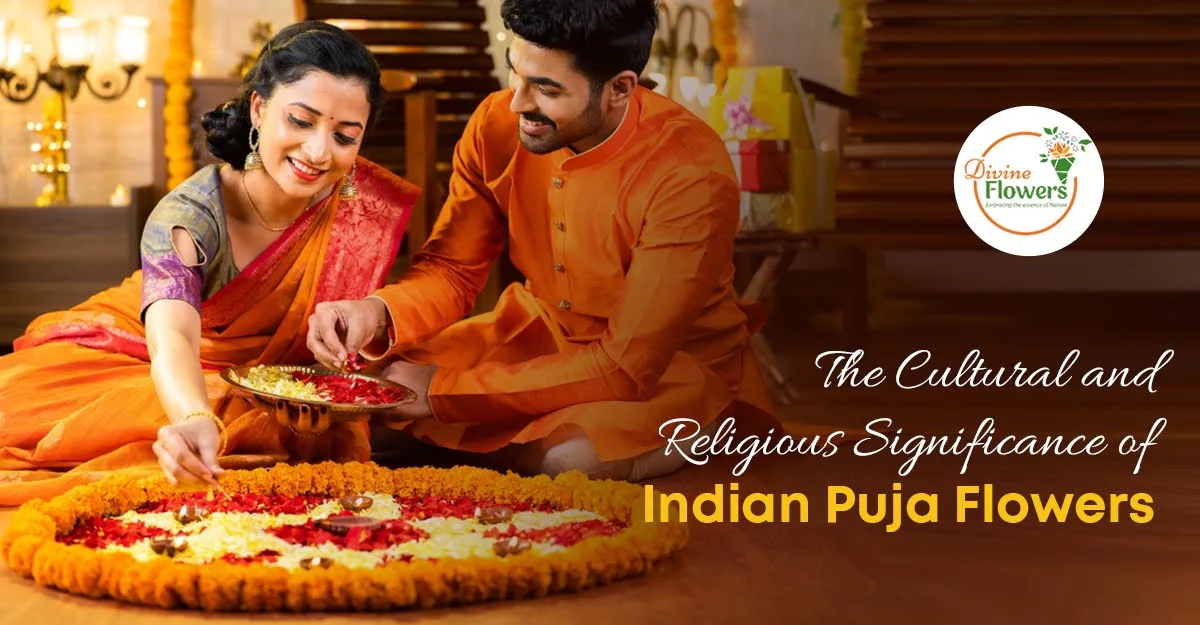
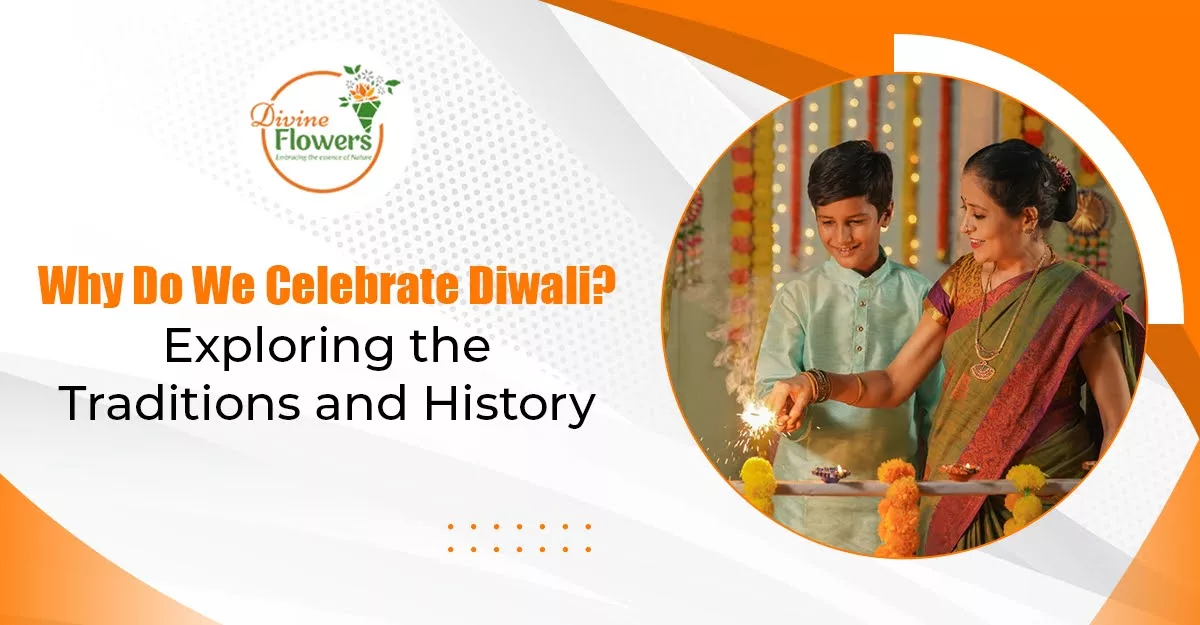
Why Do We Celebrate Diwali? Exploring the Traditions and History
Diwali, also known as the Festival of Lights, is one of the most celebrated and cherished festivals in India and among Indian communities worldwide. This vibrant festival is not only a time for joy and celebration but also steeped in rich cultural and religious significance. Diwali marks the victory of light over darkness, good over evil, and knowledge over ignorance. But why do we celebrate Diwali, and what are the traditions that make it so special? Let’s explore the history and customs behind this beloved festival.
The Mythological Origins of Diwali
Diwali’s origins are deeply rooted in Hindu mythology, and different regions of India celebrate the festival with varying stories and legends.
- The Return of Lord Rama: One of the most widely recognized stories associated with Diwali is the return of Lord Rama to Ayodhya after 14 years of exile. According to the epic Ramayana, Lord Rama, his wife Sita, and his brother Lakshmana returned home after defeating the demon king Ravana. The people of Ayodhya celebrated their return by lighting rows of lamps (diyas), symbolizing the victory of good over evil. This tradition of lighting lamps continues to be one of the central aspects of Diwali celebrations.
- The Victory of Lord Krishna: In some regions, Diwali is linked to Lord Krishna’s victory over the demon Narakasura. This victory is celebrated as Naraka Chaturdashi, which is observed a day before Diwali. It symbolizes the triumph of righteousness and the dispelling of ignorance and evil.
- The Worship of Goddess Lakshmi: Diwali is also closely associated with the worship of Goddess Lakshmi, the goddess of wealth and prosperity. It is believed that on the night of Diwali, Goddess Lakshmi visits the homes of her devotees and blesses them with wealth and prosperity. This is why homes are thoroughly cleaned, decorated with rangolis (traditional patterns made with colored powders), and illuminated with lamps to welcome the goddess.
The Five Days of Diwali
Diwali is not just a one-day celebration; it spans over five days, each with its own significance and rituals.
- Dhanteras: The first day of Diwali is known as Dhanteras, dedicated to the worship of Lord Dhanvantari, the god of health and healing. It is considered an auspicious day to buy gold, silver, and new utensils, symbolizing prosperity and good fortune.
- Naraka Chaturdashi: The second day, also known as Choti Diwali, commemorates the victory of Lord Krishna over Narakasura. On this day, people light lamps and burst crackers to celebrate the victory of light over darkness.
- Diwali: The third day is the main day of Diwali when families come together to perform the Lakshmi Puja. Homes are illuminated with lamps, and sweets are exchanged among friends and family. Fireworks light up the sky, adding to the festive spirit.
- Govardhan Puja: The fourth day is celebrated as Govardhan Puja or Annakut, which commemorates Lord Krishna’s lifting of the Govardhan Hill to protect villagers from torrential rains. It is also a day to express gratitude for nature’s bounties.
- Bhai Dooj: The fifth and final day of Diwali is Bhai Dooj, a day dedicated to the bond between brothers and sisters. Sisters pray for the long life and well-being of their brothers, and brothers vow to protect their sisters.
The Symbolism of Diwali
Diwali’s traditions are rich in symbolism. The lighting of lamps represents the dispelling of ignorance and the triumph of knowledge. The cleaning and decorating of homes symbolize the purification of the mind and soul, while the sharing of sweets and gifts reflects the spirit of generosity and community. Diwali is also a time for self-reflection, seeking blessings, and fostering harmony within families and communities.
Conclusion
Diwali is more than just a festival; it is a celebration of values that resonate universally—peace, prosperity, and the triumph of good over evil. As you prepare to celebrate Diwali, remember to embrace the deeper meanings behind the rituals and traditions. Whether you are lighting lamps, performing pujas, or sharing sweets with loved ones, each act is a reflection of the festival’s profound significance.
To enhance your Diwali celebrations, consider adding a touch of floral beauty to your festivities. Order flowers and garlands with Divine Flowers to celebrate Diwali in the USA and bring the spirit of this festival of lights into your home with the vibrant colors and fragrances that symbolize joy and prosperity.

